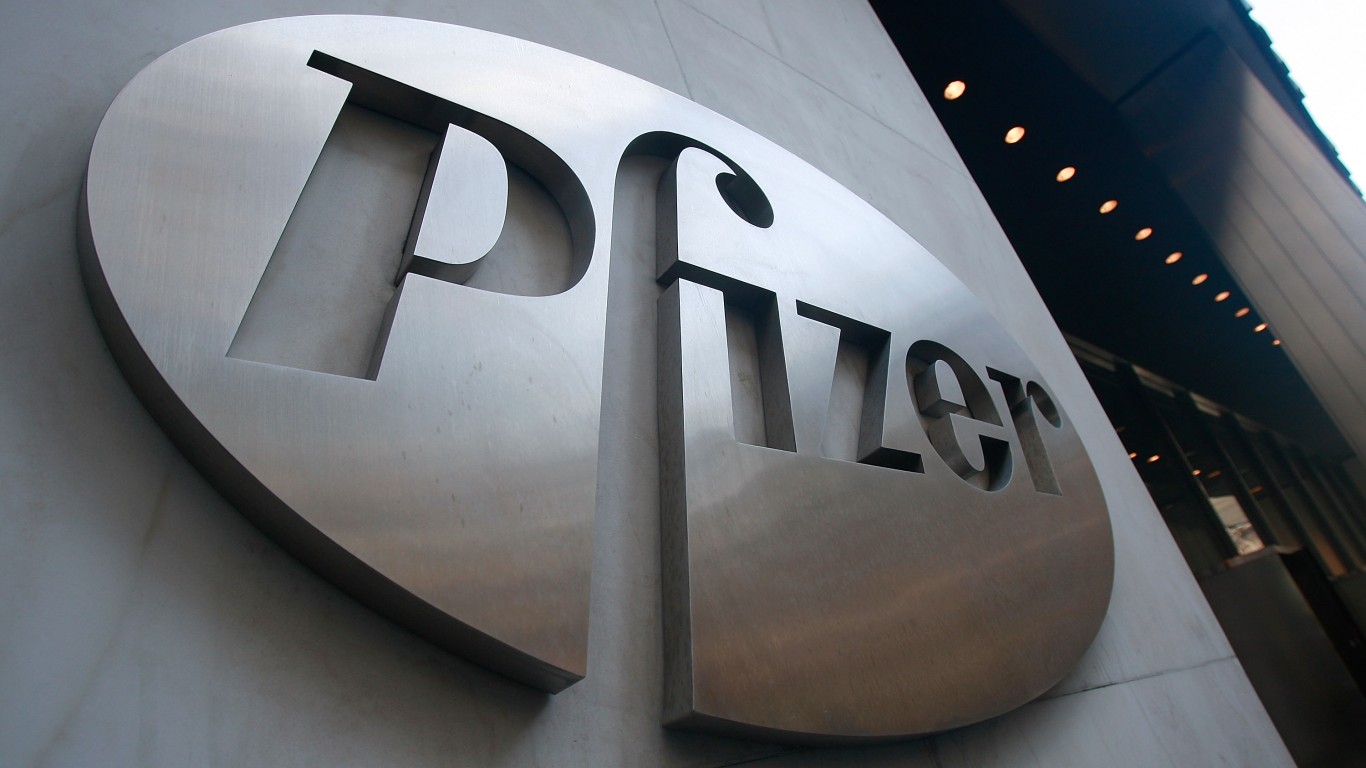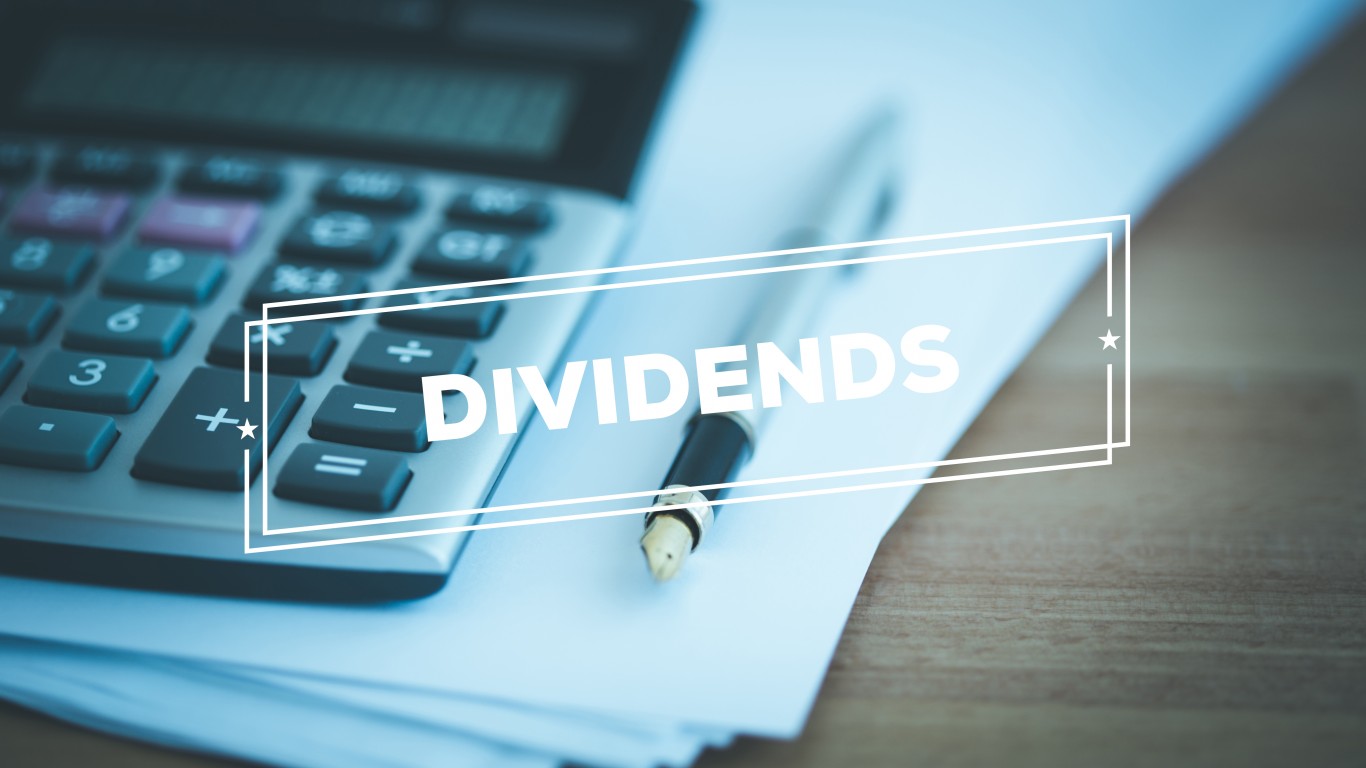
It takes a certain kind of courage to short sell blue chips, such as the Dow Jones industrial average components. Short sellers are betting on these companies to fail, or at least for their share prices to fall handily. Plus, those sellers are responsible for paying the dividends on the stocks they short.
Maybe it is little surprise that only one of the 30 Dow stocks had sizable short interest between April 15 and April 30; that is, more than 50 million shares short. About a third of the index’s components had short interest of more than 25 million shares.
While the sudden bear market and the increased volatility looks ever more recessionary, stocks have recovered somewhat from the panic-selling lows in March. Investors still trying to figure out what to do next may wonder then what the short sellers expected from some of the biggest, most well-respected names on Wall Street. Do they see a V-bottom or expect the lows to be retested?
As of the end of last month settlement date, the most recently reported period, short sellers favored Exxon Mobil Corp. (NYSE: XOM), Pfizer Inc. (NYSE: PFE) and Microsoft Corp. (NASDAQ: MSFT) above all other Dow stocks.
Exxon
> Shares short: around 58.83 million
> Change from prior period: −0.75%
> Percentage of float: 1.4
Short sellers continued to shy away in the most recent period, but the oil supermajor remained the most shorted Dow stock late last month. Not that long ago, Exxon had hovered around the number five spot on the list for a bit before floating up to the surface. At the average daily volume on the latest settlement date, the days to cover figure was less than two.
Exxon posted mixed first-quarter results as the pandemic weighed on global oil demand and created serious oversupply. Short sellers watched the share price start in the red but then rise almost 16% during the period, only to retreat somewhat afterward. The Dow saw a gain of only about 2% in the latter two weeks of April.
After rising about 1% the past week, Exxon Mobil stock closed trading most recently at $45.74 a share. That was in a 52-week range of $77.93 (last July) to $30.11 (in March). The most recent share price is almost 40% higher since the year-to-date low in March, which compares to a 21% or so gain in the S&P 500.
Pfizer
> Shares short: around 48.96 million
> Change from prior period: 10.51%
> Percentage of float: 0.9
While short sellers yielded on many of the Dow stocks, this bump for Pfizer lifted it one notch to the number two spot on the list. This was still well below the year-to-date high of around 61 million shares short in January. At the average daily trading volume on the latest settlement date, it would take investors more than a day to cover their short interest.
The maker of Lipitor, Viagra and Xanax posted better than expected first-quarter results during the period. Its shares ended more than 6% higher in the latter two weeks of last month, though they retreated somewhat afterward. The S&P 500 rose nearly 3% during the short interest period.
Pfizer stock closed most recently at $38.09 per share, which is in the same neighborhood as a week ago. The 52-week low of $27.88 was seen in March, and the 52-week high of $44.56 was reached back in July. The shares now trade less than 3% lower than they did at the beginning of the year, but they are up over 31% from the March low.
Microsoft
> Shares short: more than 47.76 million
> Change from prior period: −10.41%
> Percentage of float: 0.6
Microsoft slipped to the number three spot on the list in the latter half of April after the second sizable retreat in a row. Note though that the 52-week low of around 37 million shares occurred back in February. It would take these investors more than a day to cover their short bets, as of the conclusion of last month.
Microsoft fared well during its most recent quarter as clients struggled to adapt to changing circumstances. The shares ended the two weeks trading more than 4% higher, even though they were down more than 3% earlier in the period. The Nasdaq saw a gain of about 4% during the short interest period, which was better than the performance of the Dow and the S&P 500.
Microsoft stock was last seen trading at $186.74 a share, down from the multiyear high of $190.70 reached in February but well above the 52-week low of $119.01 seen last June. The latest share price is about 36% higher than the low during the pandemic sell-off, while the Nasdaq is up over 33% in that time.
And the Rest
Rounding out the top five most shorted Dow stocks on the most recent settlement date were Intel Corp. (NASDAQ: INTC) and Cisco Systems Inc. (NYSE: CSCO). While the former saw handily falling short interest, the networking products company had just a bit of a bump in the number of its shares short. Intel stock ended the period about 2% higher, and the company reported better than expected first-quarter results. Cisco stock was up about 2% at month’s end. The company offered customers $2.5 billion in financing in April.
Note on the following list of short interest changes in Dow stocks as of April 30 that among those notably bucking the shrinking short interest trend were Boeing, Chevron, Dow, Goldman Sachs and Walgreens.
| Dow Stock | Short (millions) | Change | % Float |
|---|---|---|---|
| Exxon | 58.83 | −0.75% | 1.39% |
| Pfizer | 48.96 | 10.51% | 0.86% |
| Microsoft | 47.76 | −10.41% | 0.64% |
| Intel | 35.65 | −13.78% | 0.84% |
| Cisco | 34.42 | 0.51% | 0.81% |
| Verizon | 32.12 | −8.65% | 0.78% |
| Visa | 31.18 | 4.60% | 1.85% |
| Apple | 30.12 | −13.02% | 0.70% |
| Coca-Cola | 27.87 | 1.95% | 0.65 |
| JPMorgan | 24.09 | −16.87% | 0.80% |
| Disney | 23.81 | −5.69% | 1.32% |
| Chevron | 22.75 | 13.39% | 1.22% |
| IBM | 19.17 | 3.34% | 2.16% |
| Merck | 18.89 | 8.34% | 0.75% |
| Raytheon Technologies | 18.19 | −9.41% | 2.10% |
| Boeing | 18.00 | 23.15% | 3.19% |
| Procter & Gamble | 17.16 | −4.82% | 0.69% |
| Johnson & Johnson | 16.83 | −11.74% | 0.64% |
| Dow | 16.82 | 21.36% | 2.27% |
| Walgreens | 16.70 | 35.29% | 2.29% |
| Walmart | 14.40 | −14.87% | 1.04% |
| American Express | 11.91 | 6.43% | 1.48% |
| Nike | 11.78 | −0.11% | 0.98% |
| Home Depot | 10.76 | 4.15% | 1.00% |
| Caterpillar | 8.56 | −16.28% | 1.58% |
| McDonald’s | 7.98 | −7.98% | 1.07% |
| UnitedHealth | 6.80 | −2.41% | 0.72% |
| 3M | 6.50 | −12.59% | 1.13% |
| Goldman Sachs | 6.23 | 14.82% | 1.89% |
| Travelers | 4.43 | 1.37% | 1.76% |
Get Ready To Retire (Sponsored)
Start by taking a quick retirement quiz from SmartAsset that will match you with up to 3 financial advisors that serve your area and beyond in 5 minutes, or less.
Each advisor has been vetted by SmartAsset and is held to a fiduciary standard to act in your best interests.
Here’s how it works:
1. Answer SmartAsset advisor match quiz
2. Review your pre-screened matches at your leisure. Check out the advisors’ profiles.
3. Speak with advisors at no cost to you. Have an introductory call on the phone or introduction in person and choose whom to work with in the future
Thank you for reading! Have some feedback for us?
Contact the 24/7 Wall St. editorial team.

 24/7 Wall St.
24/7 Wall St.



